Investing
Buffett Pick Kroger Just Paid Investors: Here's How Much They Got
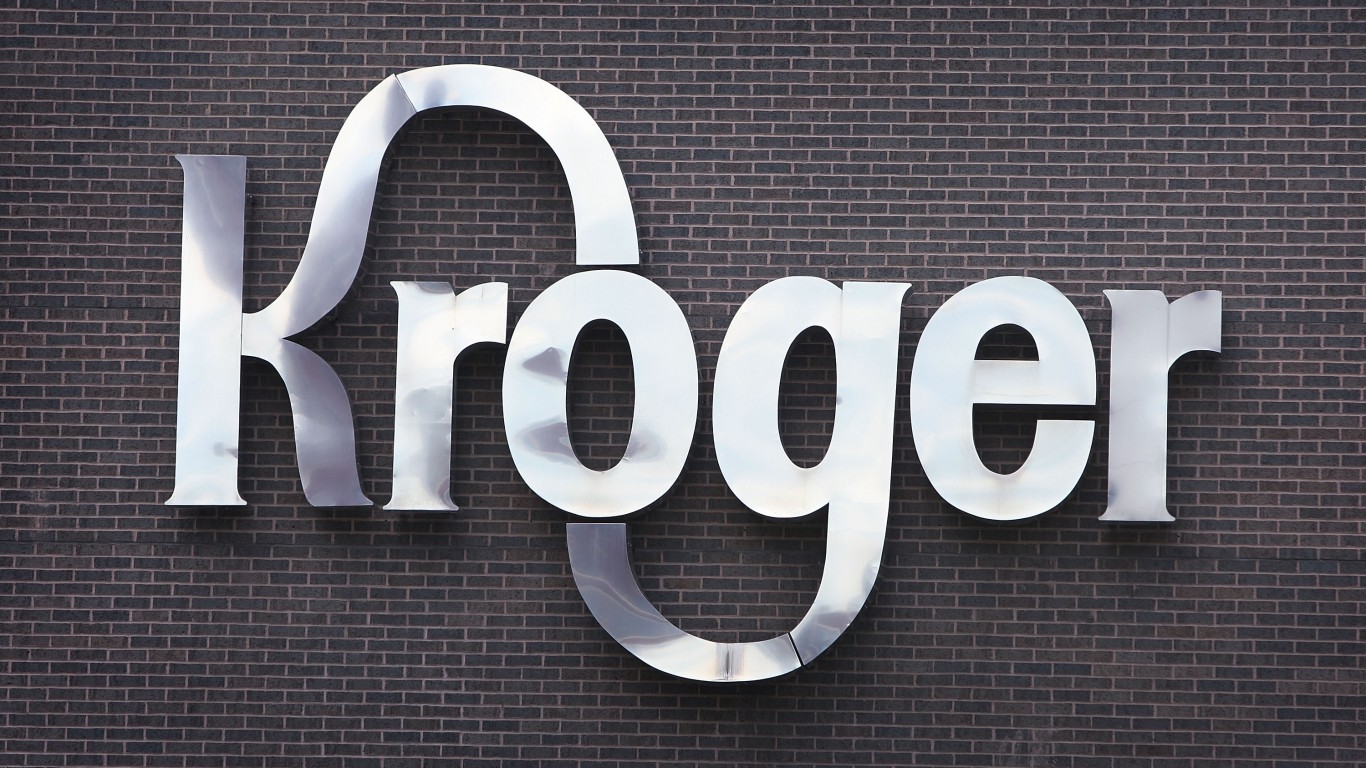
Published:

24/7 Wall St. Insights
Kroger Co. (NYSE: KR) is rewarding its shareholders once again with a quarterly dividend of $0.32, payable on Sunday, Dec. 1. That is in line with the prior payout. There has been some skepticism that its intended merger with a rival will reach completion. However, the dividend payment underscores the management’s commitment to delivering consistent value to investors.
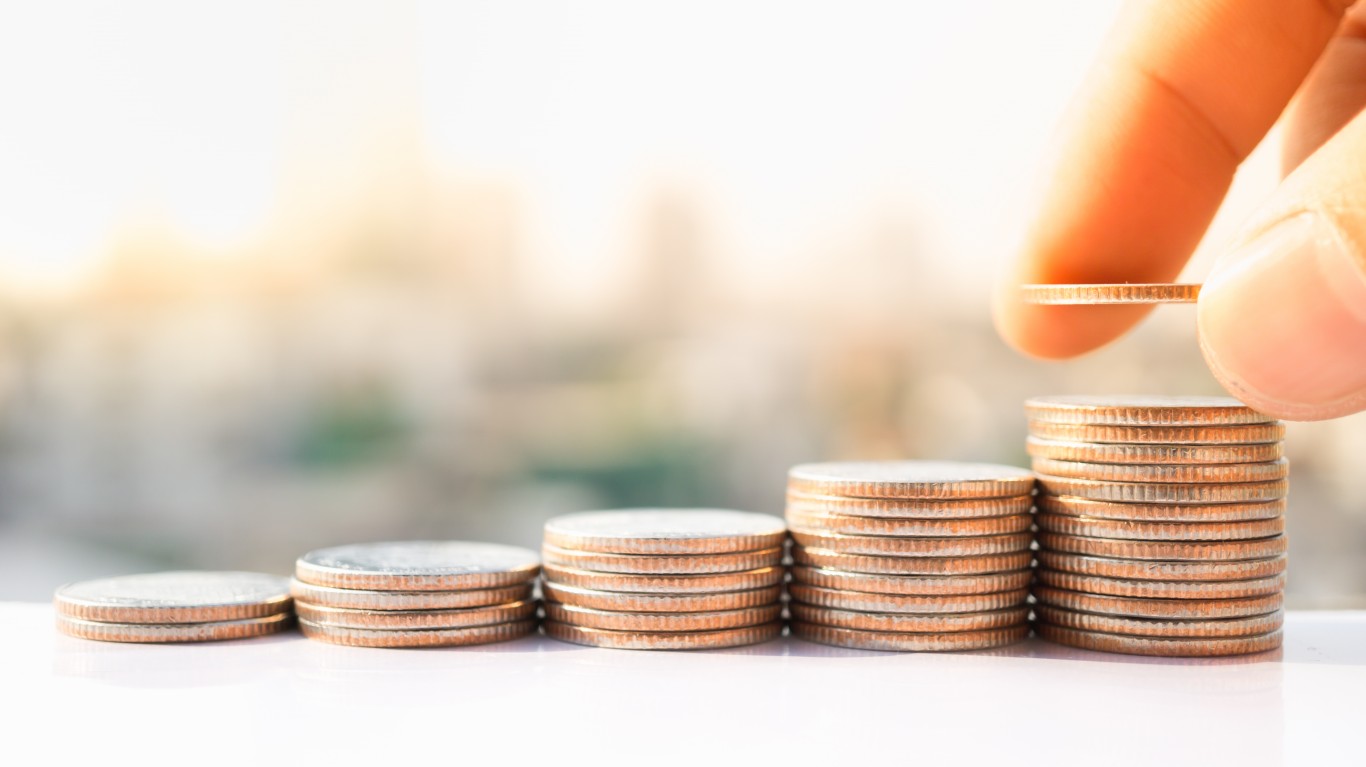
Investors favor dividend stocks for two main reasons. The first is that they offer enticing total return potential. Total return is a comprehensive measure of investment performance that includes interest, capital gains, dividends, and distributions realized over time. In other words, the total return on an investment or a portfolio consists of income and stock appreciation. It is one of the most effective ways to boost the prospects of overall investing success.
Dividend stocks can also provide investors with a steady, reliable stream of passive income. Passive income is money that is earned with little to no ongoing effort, usually from assets that generate cash flow. This income can come from a variety of sources, including stock dividends. Generating passive income is a desirable financial strategy for those seeking to diversify their income streams or achieve financial independence.
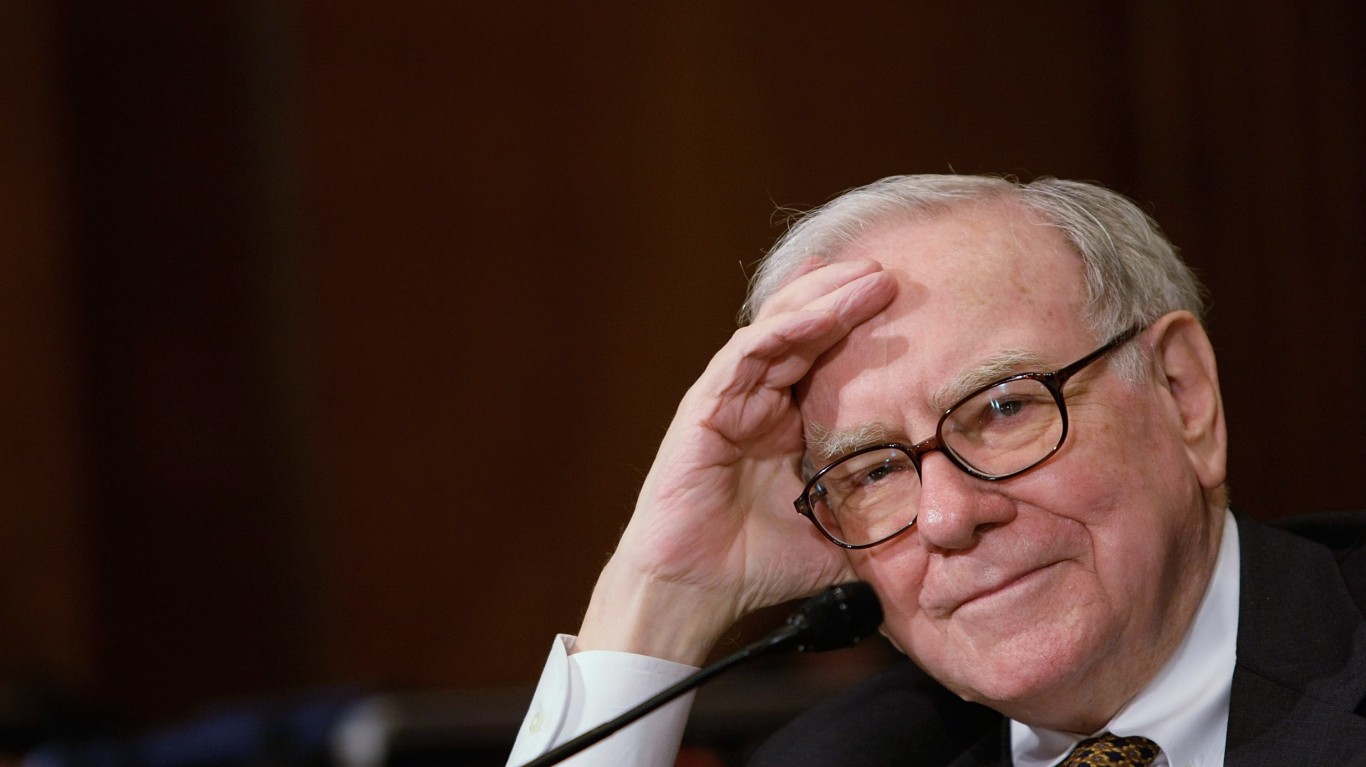
Warren Buffett’s Berkshire Hathaway is one of Kroger’s largest shareholders. On last look, the stake was about 50 million shares, or nearly 7% of the company, worth nearly $3 billion. Buffett, who is renowned for value investing based on the financial health of a company, first invested in Kroger in 2015. However, Kroger is not one of Berkshire Hathaway’s top 10 holdings. And it did trim the stake somewhat in 2022.
Kroger has hiked its annual dividend payment for 17 consecutive years. The current dividend yield is 2.2%, which is a little less than the sector average but a little more than the industry average. For Berkshire Hathaway, that works out to $46 million in dividends annually.
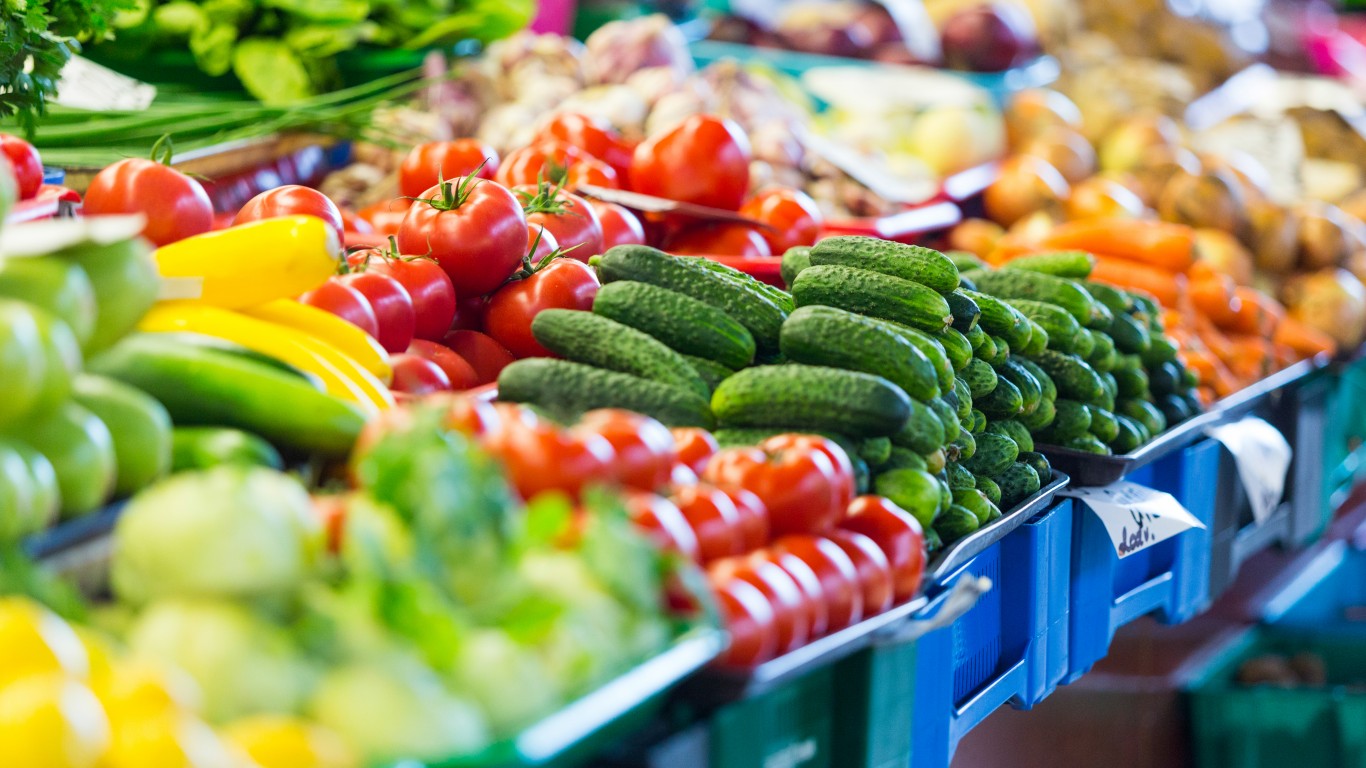
This U.S. retailer operates combination food and drug stores, multi-department stores, marketplace stores, and price-impact warehouses.
Its combination food and drug stores offer natural food and organic sections, pharmacies, general merchandise, pet centers, fresh seafood, and organic produce; and multi-department stores provide apparel, home fashion and furnishings, outdoor living, electronics, automotive products, and toys. Kroger’s marketplace stores offer full-service grocery, pharmacy, health and beauty care, and perishable goods, as well as general merchandise, including apparel, home goods, and toys, while its price-impact warehouse stores provide grocery, and health and beauty care items, as well as meat, dairy, baked goods, and fresh produce items.
The company also manufactures and processes food products for sale in its supermarkets and online, and it sells fuel through fuel centers.
Its headquarters are in Cincinnati, Ohio. The company was founded in 1883 by businessman Bernard Kroger, a pioneer in self-service shopping. Kroger competes with or is similar to Albertsons Companies Inc. (NYSE: ACI), Costco Wholesale Inc. (NASDAQ: COST), Walmart Inc. (NYSE: WMT), and others.
To compete with its big-box competitors, Kroger agreed in October of 2022 to acquire rival Albertsons, which had merged with Safeway in 2015. However, the merger has not only faced significant scrutiny from regulators but also opposition from a variety of stakeholders. To address some of those concerns, Kroger and Albertsons have proposed divesting hundreds of stores.
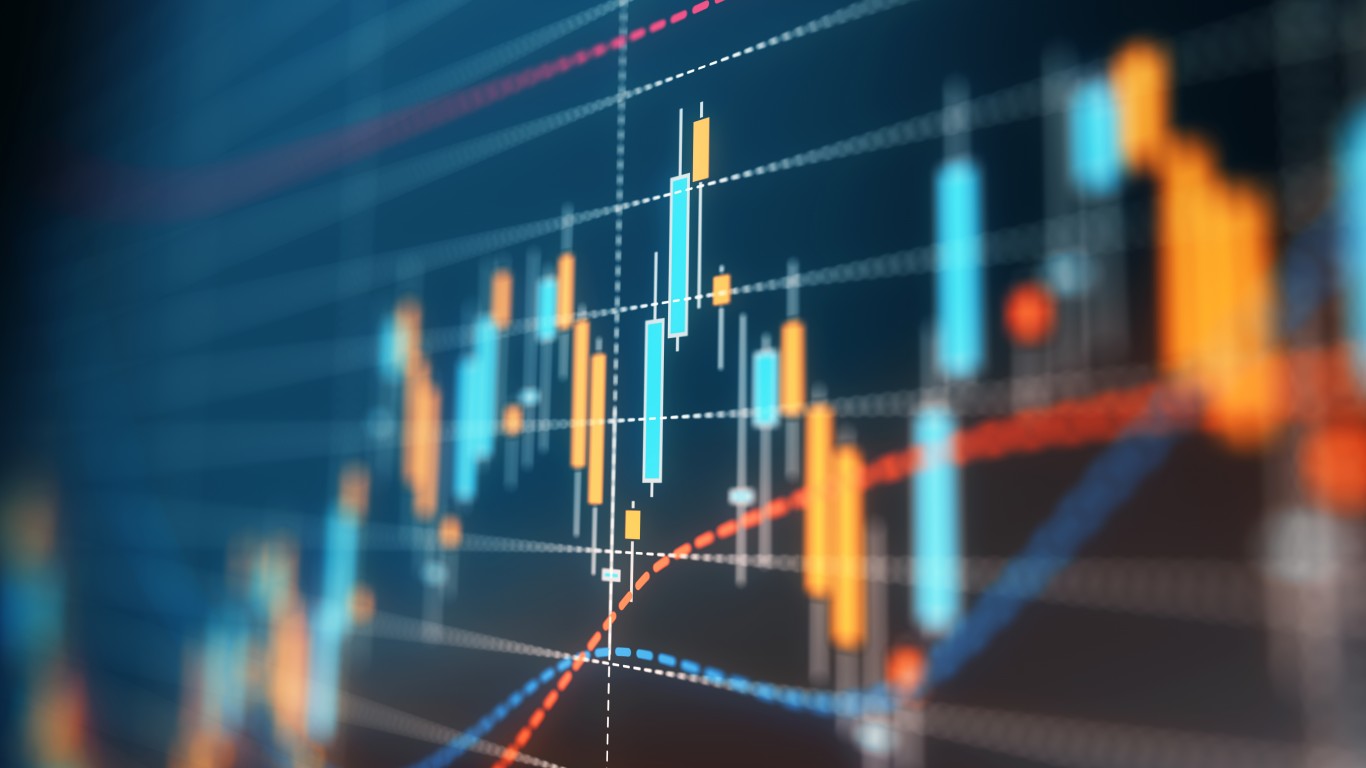
The share price is 122% higher than five years ago, outperforming the S&P 500 in that time. In the past month, the stock is up about 8%, while the S&P 500 is more than 5% higher. The recent 52-week high of $61.18 per share is a bit higher than the $59.44 consensus price target. So, as they wait to see how the merger shakes out, the analysts currently see little to no upside in the next 12 months. Telsey Advisory just maintained its Outperform rating, but the consensus recommendation is to hold shares.
Institutional investors hold more than 75% of the shares. Vanguard is a beneficial owner, and Berkshire Hathaway and Blackrock have notable stakes. Almost 718 million shares, or a bit over 1% of the float, are held short. Note that some executives parted with shares in September and October.
Doing This Is the ‘Quickest Way to Get Poor’ According to Warren Buffett
Retirement planning doesn’t have to feel overwhelming. The key is finding expert guidance—and SmartAsset’s simple quiz makes it easier than ever for you to connect with a vetted financial advisor.
Here’s how it works:
Why wait? Start building the retirement you’ve always dreamed of. Click here to get started today!
Thank you for reading! Have some feedback for us?
Contact the 24/7 Wall St. editorial team.